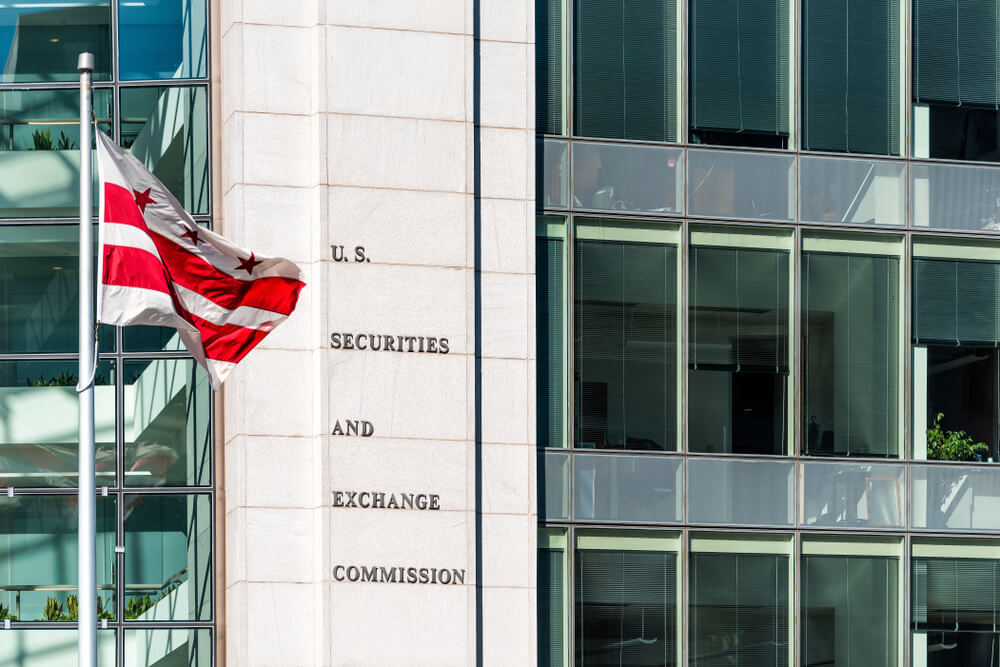Reining in executive pay. Quadrupling the tax on stock buybacks. A minimum income tax of 25% on billionaires.
President Biden’s latest budget proposes tough new checks on runaway wealth inequality. But corporate wealth is growing so quickly, the rules may be outdated before they kick in, if they are enacted at all.
Billionaires? We may be talking about trillionaires before the decade is out. Goldman Sachs sees surging corporate stock buybacks topping $1 trillion for the first time next year.
And the average ratio of 300:1 for CEO compensation to worker pay is sounding downright quaint: A new report highlights companies paying their chiefs 1,500 times more than their lowest paid workers.
The study, from the anti-poverty group Oxfam, digs deep into the numbers to show just how unequal the top 200 public companies are.
Some of the highest CEO-to-worker pay ratios come at companies that have some of the lowest median salaries, according to “Inequality, Made in America: How Corporate America Is Fueling our Inequality Crisis.” Among the 10 companies with the lowest median salaries, the top CEO-worker pay ratios were at Jabil, a little-known contract manufacturing firm, (1,864:1); McDonald’s (1,745:1), TJX Companies, the parent of clothing discounters TJMaxx and Marshalls, (1,604:1); and The Coca-Cola Company (1,594:1).
The report used public records and financial and other regulatory filings to examine corporate actions across four areas through which corporations influence the world: people, power, profits, and the planet, the report notes.
The 200 largest US corporations are making more money than ever, according to Oxfam’s analysis, with combined net profits of $1.25 trillion in 2022, up 63% from 2018. Approximately 90% of those profits are paid out to wealthy shareholders, an all-time high.
Share repurchases, also known as buyback programs, are one way that corporations enrich both shareholders and executives who have shareholdings and options, and those are skyrocketing, particularly among tech companies. Apple, the second largest company in the world by market capitalization, has spent $70 to $90 billion a year on share buybacks since 2018.
For Oxfam, that’s money that could be spent boosting worker pay, or investing in new ventures that benefit the entire economy, rather than increasing the concentration of wealth – and with it political power – in the hands of a shrinking number of people.
“The analysis says big business is helping fuel the inequality crisis rather than reducing it. We could have a model that actually works for everyday workers,” Oxfam’s Irit Tamir told ImpactAlpha.
“The problem now is that the largest corporations are actively concentrating power and money in the hands of the already wealthy, while actively limiting the power of workers, consumers and suppliers and lobbying for policies that cut taxes and regulation.”
Balancing the scales
Buybacks are not just for companies in the generally well-paid tech sector. From 2018 to 2022, Oxfam found, companies in low-wage businesses also spent massive amounts on buybacks. Top spenders include Lowe’s ($39.5 billion), Home Depot ($39.2 billion), Walmart ($35.5 billion), and Starbucks ($21.7 billion). FedEx spent nearly $6 billion on buybacks even as it lowered its median salary by 22%.
Most surprisingly, in two of the five years studied, the shareholder payouts topped the total profits earned by the top 200 firms. Few companies seem inclined toward change.
President Joe Biden has already signed into law a surcharge on share buybacks to encourage corporations to invest their profits in their businesses, rather than distributing them through buybacks.
“Our capitalist model is really in jeopardy in terms of working for everyone,” said Tamir. ”We do believe in free markets, but we don’t have that right now. The rules are rigged for these big corporations and mom-and-pop can’t avoid taxes like a Fortune 500 can.”
Large corporations, she argues, are hiving off on the public costs they should be assuming themselves, such as environmental damage, healthcare, or poverty.
Workers are demanding a different kind of economy, Tamir said.
“We saw this last summer when there were so many strikes and walkouts from autoworkers to Hollywood to Starbucks,” she said. “We definitely need policymakers to stop being so influenced by big business, and workers are starting to demand a different kind of economy.”
Among other key findings in the report:
- Six companies paid their chief executives more than $100 million per year for at least one year between 2018 and 2022. The dirty half-dozen: Alphabet, Amazon, Intel, Oracle, Blackstone, and KKR
- The retail sector is the most diverse – and most unequitable. For example, Dollar Tree’s employee base was comprised of 55% people of color and 68% women, while the company’s leadership was 82% white and 75% men
- The pharmaceutical and technology industries have the lowest effective tax rates (11.6% and 14.9% respectively in 2022). Tech companies spend the most on lobbying ($114 million in 2022).
- Average emissions across the group of 200 companies rose by 4% from 2020 to 2021











